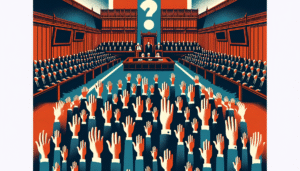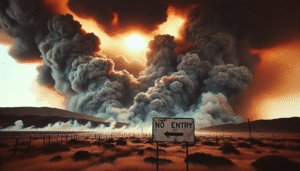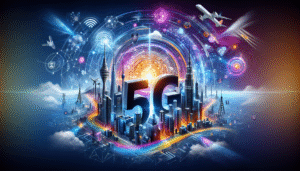
Political Tensions Escalate Ahead of Elections
Campaign Rhetoric Heats Up
The political landscape is ablaze as elections draw near, with campaign rhetoric reaching a fever pitch. Candidates are increasingly resorting to personal attacks and inflammatory language, exacerbating existing societal divisions. This trend, observed across various democracies globally, raises concerns about the potential for violence and the erosion of public trust in political institutions. Experts warn that such divisive rhetoric can have long-lasting consequences, poisoning public discourse and hindering constructive dialogue even after the elections conclude.
Social Media Amplifies Polarization
The proliferation of misinformation and disinformation on social media platforms further fuels political tensions. Echo chambers and filter bubbles reinforce pre-existing biases, making it difficult for individuals to access objective information and engage in productive conversations with those holding opposing viewpoints. The rapid spread of fake news and manipulated content online can incite emotional responses and contribute to the escalation of conflicts offline. Social media companies face mounting pressure to implement effective strategies to combat misinformation and promote responsible online engagement during election cycles.
Economic Anxiety Fuels Discontent
Economic anxieties often play a significant role in shaping political tensions during election periods. Concerns about unemployment, inflation, and income inequality can create a fertile ground for populist and nationalist movements, which frequently capitalize on public discontent to gain support. These movements often employ divisive rhetoric, blaming specific groups or institutions for economic hardships and promising simple solutions to complex problems. The resulting polarization can further destabilize the political landscape and hinder efforts to address underlying economic challenges.
Identity Politics Takes Center Stage
Issues related to identity, including race, religion, and gender, have become increasingly prominent in political discourse. While these issues are undoubtedly important, their politicization can exacerbate existing societal divisions and contribute to a climate of intolerance. Identity politics can be strategically employed by political actors to mobilize support from specific groups, often at the expense of broader societal cohesion. The focus on identity can also distract from critical economic and social issues that affect all citizens.
Erosion of Trust in Institutions
A growing distrust in established political institutions, including the media, the judiciary, and electoral bodies, is further fueling political tensions. This erosion of trust can lead to increased skepticism about the legitimacy of elections and the willingness to accept their outcomes. The perception of bias or corruption within these institutions can contribute to public cynicism and disengagement, creating an environment ripe for political instability. Strengthening institutional transparency and accountability is crucial to restoring public trust and ensuring the integrity of democratic processes.
Rise of Extremist Groups
The escalation of political tensions can create an opening for extremist groups to gain influence and recruit new members. These groups often exploit societal divisions and anxieties to promote their ideologies, which can range from far-right nationalism to radical left-wing activism. The rise of extremism poses a serious threat to democratic stability and can lead to increased violence and social unrest. Law enforcement agencies and intelligence services face the challenge of monitoring and disrupting extremist activities while respecting fundamental rights and freedoms.
International Interference Adds Fuel to the Fire
Foreign interference in elections, including disinformation campaigns and cyberattacks, can further exacerbate political tensions. These attempts to manipulate public opinion and disrupt electoral processes can undermine democratic institutions and sow discord within societies. International cooperation and robust cybersecurity measures are essential to counter foreign interference and safeguard the integrity of elections.
Security Concerns Heighten
As political tensions escalate, concerns about security and the potential for violence also increase. Protests and demonstrations can turn violent, and there is a risk of clashes between opposing groups. Security forces face the difficult task of maintaining order and protecting public safety while respecting the right to peaceful assembly. Adequate security measures and de-escalation strategies are essential to prevent violence and ensure the safety of all citizens during election periods.
Impact on Policymaking
The heightened political polarization can paralyze policymaking and hinder progress on critical issues. Political gridlock and partisan bickering can prevent governments from effectively addressing pressing challenges, such as climate change, healthcare, and education. The inability to find common ground and compromise can further erode public trust in government and contribute to a sense of political dysfunction.
The Role of Civil Society
Civil society organizations play a crucial role in mitigating political tensions and promoting peaceful dialogue. These organizations can facilitate constructive conversations between different groups, provide platforms for diverse voices to be heard, and promote understanding and empathy. Supporting and strengthening civil society organizations is essential to fostering a culture of tolerance and respect during election periods and beyond.














